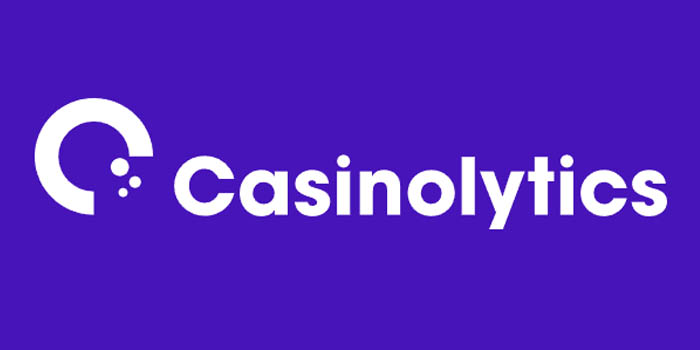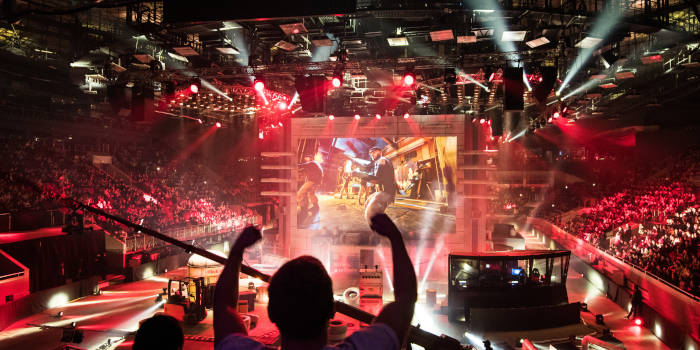Esports Industry Worldwide to Prosper Further in 2023
The esports industry has continued to flourish, despite the pandemic, with 2022 being a "bumper year" for the sector, according to the iGB 2023 Esports report

According to the elaborate report published by iGB, the global esports industry has not only stood strong during the pandemic but has also been a driver for jobs, investment, the economy and so-called soft power.
Global Esports Industry Continues to Thrive
North America, Europe and Asia Pacific are the global leaders in esports viewership and revenue, with Latin America also emerging as a region to watch. The iGB report also provides insights into regulatory developments, funding and investments, as well as virtual and augmented reality-based esports, and blockchain gaming-based esports.
The report further sheds light on the development of mobile gaming, which is becoming increasingly popular in Southeast Asia, and non-fungible tokens (NFTs) that are beginning to impact esports, becoming a key tool for fan engagement.
Despite global economic challenges, the industry continues to grow, with estimated global esports revenue for 2022 of $1.38 billion, up 21.8% year-on-year, and a global esports audience of 532 million, up 8.7% year-on-year.
Governments and Industry Players Collaborate for Sustainable Gaming and Esports Ecosystem
The gaming and esports industries are experiencing a range of regulatory updates and changes around the world. In Nevada, amendments to legislation may allow sportsbooks to accept wagers on esports events without express approval from the Nevada Gaming Control Board chair, provided that the tournament, video game, and operator are reputable and sanction-free. Similarly, in New Jersey, a bill was filed to reclassify esports under the definition of internet gaming instead of a retail-casino-tied online offering.
In Europe, a landmark resolution was passed to promote investment and growth in the gaming and esports industry. Members of the European Parliament voted in favor of a proposition to preserve and promote video games as an integral part of Europe’s cultural heritage, recognizing the industry’s worth of EUR23.3 billion ($25.2 billion) in the European market and 98,000 people employed as of 2020. The resolution called for investment in training facilities and the creation of a visa specifically for esports personnel to allow for easier movement of esports players and professionals between countries.
In China, new regulations introduced in 2021, including a ‘three-hour rule’ limiting under-18s to three hours of online gaming per week, have resulted in a decline in the number of youth gamers in the country. However, Niko Partners forecasts a rebound in the number of youth gamers from as early as 2023, adding 36 million youth gamers back into the ecosystem by 2026.
Despite the changes in the regulatory landscape, the gaming and esports industries continue to grow and evolve, with governments and industry players working together to create a sustainable and thriving ecosystem.
Silvia has dabbled in all sorts of writing – from content writing for social media to movie scripts. She has a Bachelor's in Screenwriting and experience in marketing and producing documentary films. With her background as a customer support agent within the gambling industry, she brings valuable insight to the Gambling News writers’ team.















